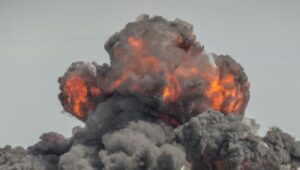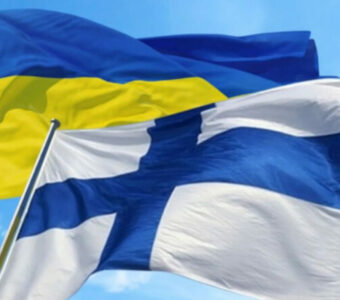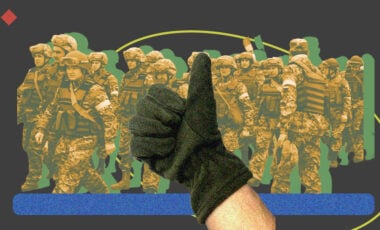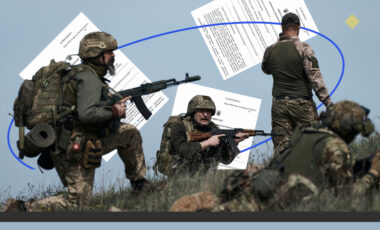Romania calls on NATO to address airspace breach by Russian drones
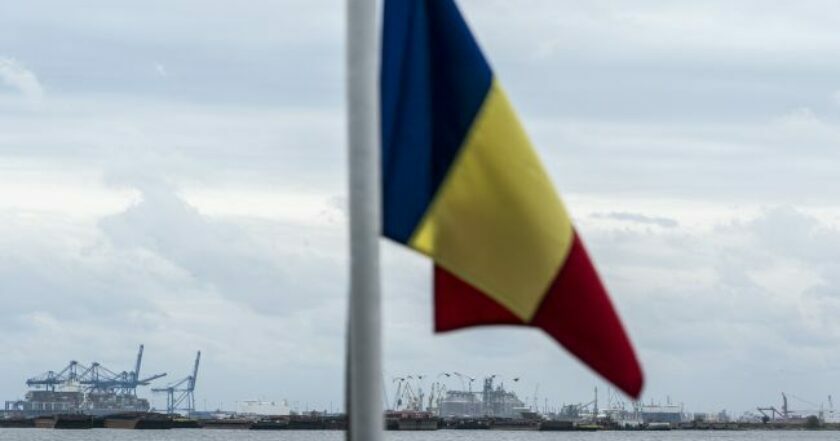
NATO needs to implement a strong and coordinated reaction to instances where Russian missiles or drones fired at Ukraine violate the alliance's airspace.
According to Reuters, the Minister of Defense of Romania, Angel Tîlvăr, stated this.
"The B9 [the "Bucharest Nine" – ed.] states are deeply concerned about the repeated incursions of Russian drones and missiles into NATO airspace in Poland, Romania, and Latvia, as well as the escalation of tensions along NATO's eastern flank," Tîlvăr told reporters.
The ministers of defense of the countries on NATO's eastern flank, the "Bucharest Nine" (B9), met on September 18 in Bucharest.
"This is why decisive, coordinated action at the level of allies is necessary, as well as the implementation of a rotational model of air defense and integrated missile defense as soon as possible," he said.
Polish Deputy Defense Minister Paweł Zalewski said that at the meeting of defense ministers of NATO countries in October, it would be necessary to consider the issue of destroying drones that have invaded the airspace of the allies.
"We have confirmed hybrid attacks on allies, as well as the participation of Belarus in Russia's actions," Zalewski added.
For reference:
It is worth noting that Romania shares a 650 km long border with Ukraine, and fragments of Russian drones have repeatedly landed on its territory over the past year. Romanian territory is located near Ukrainian ports on the Danube River, which Russia often targets.
Last week, Ukraine accused Russia of using strategic bombers to launch a missile attack on a civilian grain tanker in the Black Sea waters off Romania, further escalating tensions between Moscow and the military alliance.
Earlier this month, NATO countries reported that Romania and Latvia had witnessed the crash of Russian drones that invaded their airspace, prompting officials to call for measures to counter Russian airspace incursions jointly.
The Bucharest Nine is an association of nine Central and Eastern European countries created to deepen military cooperation between the countries of NATO's eastern flank.

Romania bolsters air defense near Ukrainian border villages

Romania discovers wreckage of drone similar to Russia's UAVs in its territory

Romania acknowledges parts of Russian drone fell on its territory




